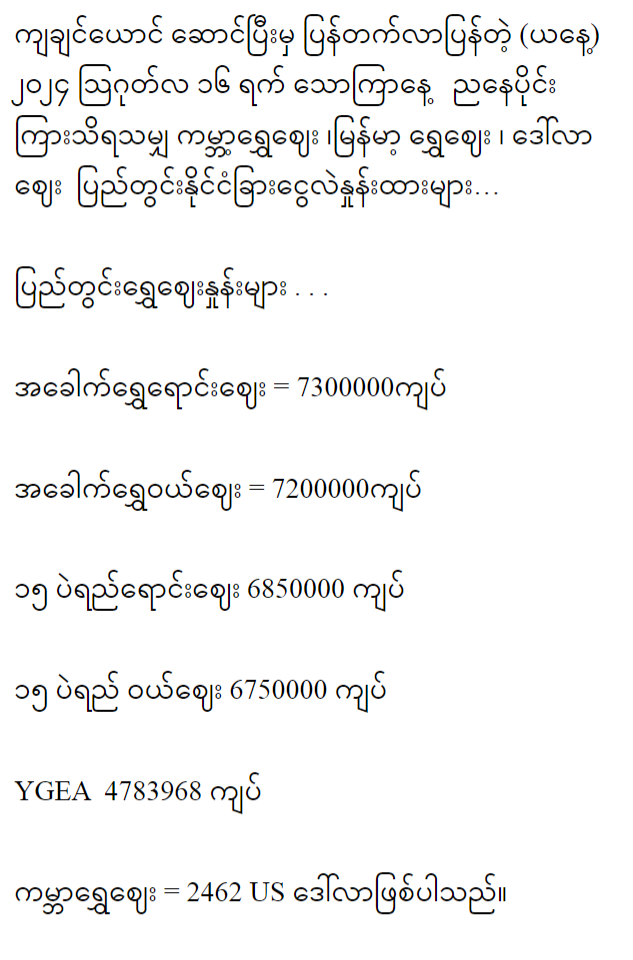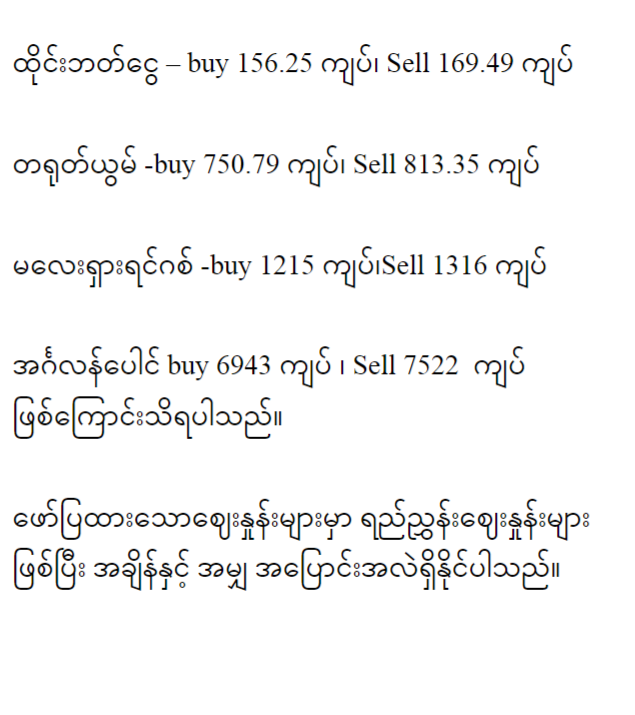



In Chinese Traditional Medicine (CTM), the concept of Qi (pronounced “chee”) is fundamental to understanding health, disease, and the body’s natural processes. Often translated as “vital energy” or “life force,” Qi is the invisible force that flows through everything in the universe, including the human body. It is the energy that animates us, supports our physical and mental functions, and maintains the delicate balance between health and illness. In this blog post, we will explore the role of Qi in CTM, its significance in maintaining health, and how imbalances in Qi can lead to disease.
What is Qi?
Qi is a complex and multifaceted concept that defies simple definition. In CTM, Qi is considered the essential energy that sustains life. It flows through the body along specific pathways known as meridians, nourishing organs, tissues, and cells, and ensuring the proper functioning of all physiological processes.
Qi is not just a physical energy but also encompasses mental, emotional, and spiritual dimensions. It is the driving force behind every action and thought, influencing our overall well-being. In CTM, the state of your Qi determines your health, vitality, and longevity.
The Functions of Qi in the Body
In CTM, Qi is believed to perform several vital functions that are essential for health:
Defensive Qi (Wei Qi): Wei Qi acts as the body’s defense system, protecting against external pathogens like bacteria, viruses, and environmental factors. It circulates on the surface of the body, safeguarding the skin and muscles.
Nutritive Qi (Ying Qi): Ying Qi flows through the meridians and nourishes the organs and tissues. It is closely linked to blood circulation and is responsible for maintaining the body’s internal environment.
Transformative Qi: This aspect of Qi governs the transformation of food and air into energy and nutrients, which are then distributed throughout the body. It is involved in processes like digestion, respiration, and metabolism.
Transportive Qi: Transportive Qi ensures the smooth movement of substances and energy throughout the body, including the circulation of blood, lymph, and other fluids.
Uplifting Qi: Uplifting Qi provides support and stability to the organs, preventing them from sagging or prolapsing. It is responsible for maintaining the body’s structural integrity.
Warming Qi: This function of Qi keeps the body warm, regulating temperature and ensuring that the organs function optimally. It is particularly associated with Yang energy, which is the active, warming aspect of Qi.
The Flow of Qi Through Meridians
Qi flows through the body via a network of meridians, which are energy channels that connect the internal organs with the exterior of the body. There are 12 main meridians, each associated with a specific organ system, such as the heart, liver, lungs, or kidneys. The smooth and balanced flow of Qi through these meridians is crucial for health.
In CTM, the meridians are not just physical pathways but are also seen as conduits of energy that can be influenced by external and internal factors. Acupuncture, for example, involves the stimulation of specific points along the meridians to correct imbalances in the flow of Qi and restore health.
Qi Imbalances and Health Issues
When Qi is balanced and flowing smoothly, the body is in a state of health and harmony. However, disruptions in the flow or quality of Qi can lead to various health problems. There are several types of Qi imbalances that CTM practitioners commonly address:
Qi Deficiency: This occurs when there is not enough Qi in the body to support its functions. Symptoms of Qi deficiency may include fatigue, weakness, shortness of breath, poor appetite, and a pale complexion. Chronic stress, poor nutrition, and overwork are common causes of Qi deficiency.
Qi Stagnation: Qi stagnation happens when the flow of Qi is blocked or slowed down, leading to a buildup of energy in certain areas. This can cause pain, tension, irritability, and emotional distress. Qi stagnation is often associated with stress, emotional suppression, or physical inactivity.
Qi Sinking: When Qi sinks, it can no longer support the organs and tissues, leading to issues like organ prolapse, chronic diarrhea, and feelings of heaviness. Qi sinking is often related to chronic Qi deficiency or excessive strain on the body.
Rebellious Qi: Rebellious Qi refers to Qi that flows in the wrong direction, against its natural course. This can result in symptoms such as nausea, acid reflux, coughing, or headaches. Rebellious Qi is often linked to digestive or respiratory disorders.
Restoring and Balancing Qi
CTM offers various approaches to restoring and balancing Qi, ensuring that it flows smoothly and harmoniously throughout the body. Some of the key methods include:
Acupuncture: Acupuncture involves the insertion of fine needles into specific points along the meridians to regulate the flow of Qi. By targeting these points, acupuncture can help release blockages, tonify deficient Qi, and restore balance.
Herbal Medicine: Chinese herbal medicine uses a wide range of herbs to nourish and balance Qi. Different herbs are selected based on their properties and their ability to tonify, disperse, or regulate Qi. Herbal formulas are often tailored to the individual’s specific needs.
Qi Gong and Tai Chi: These ancient practices combine movement, breath control, and meditation to cultivate and balance Qi. Regular practice of Qi Gong or Tai Chi can help strengthen and regulate the flow of Qi, promoting overall health and vitality.
Diet and Nutrition: In CTM, food is seen as a source of Qi, and diet plays a crucial role in maintaining balance. Eating a balanced diet that aligns with your body’s needs, including warm, nourishing foods, can help support healthy Qi.
Lifestyle and Emotional Balance: Maintaining a balanced lifestyle, managing stress, and cultivating emotional health are essential for preserving Qi. Practices like mindfulness, meditation, and adequate rest contribute to a harmonious flow of Qi.
Conclusion
Qi is the vital energy that underpins every aspect of our health and well-being in Chinese Traditional Medicine. Understanding the role of Qi and how it influences the body can provide valuable insights into how to maintain balance, prevent illness, and enhance overall vitality. By embracing practices that support the smooth flow and balance of Qi—such as acupuncture, herbal medicine, and mindful living—you can harness the power of this ancient wisdom to lead a healthier, more harmonious life. Whether you’re dealing with specific health issues or simply seeking to improve your overall wellness, paying attention to the state of your Qi is key to achieving lasting health and vitality.